|
|
|
|
#1 |
|
Senior Member
Join Date: Nov 2014
Location: UK
Posts: 1,403
|
How Yugoslavia Shot US F-117 Stealth Bomber Program Down Into Early Retirement.
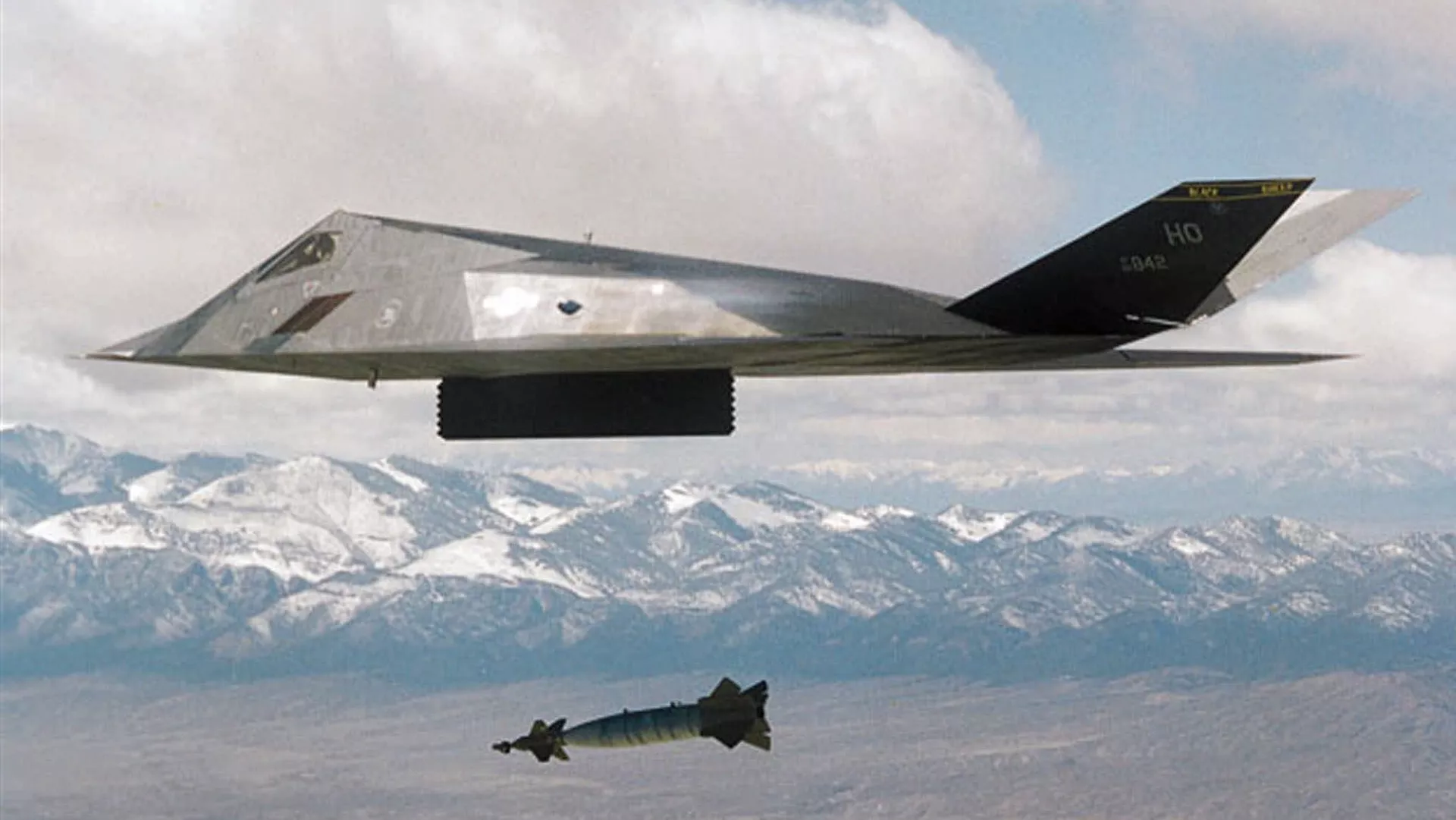 Sunday marked the 25th anniversary of the start of NATO’s 78-day campaign of aerial aggression against Yugoslavia. Just three days in, the Yugoslav Army shot down a F-117 Nighthawk using a vintage Soviet missile. Sputnik asked former US Air Force Lieutenant Colonel Karen Kwiatkowski how such a thing could happen. On March 27, 1999, a Yugoslav air defense unit downed a US Air Force Lockheed F-117 Nighthawk attack aircraft using a Soviet-made S-125 Neva (NATO reporting name SA-3 Goa) SAM, making history and marking the first-ever destruction of a stealth aircraft in combat. Introduced into service a little over four decades ago in late 1983, the last of the US Air Force’s F-117 fleet was consigned to semi-retirement just 25 years later in 2008, allegedly because new and better stealth aircraft had become available, but really because the plane was rendered instantaneously obsolete after being destroyed by a Soviet SAM designed in the 1950s to take on second-generation jet fighters. When first unveiled in the 1980s, the Pentagon thought they had gotten their hands on a nearly invincible invisible aircraft, with the $111 million F-117 featuring a futuristic and high-tech radar-wave scattering paint job, unique angular shape and special radar-resistant coating. Among other things, the jet was meant to penetrate deep into the USSR’s air defenses and carry out nuclear strikes if the Cold War ever went hot. In the popular imagination, US 80s stealth technology, including the F-117 and the Northrop Grumman B-2 Spirit, were presented as something akin to superweapons - capable of winning a war against Moscow single-handedly. That sense of smug superiority at the Pentagon evaporated overnight twenty-five years ago, when the 3rd Battery of the 250th Missile Brigade of the Yugoslav Air Defense Forces commanded by Colonel Zoltan Dani took up duty near Buđanovci, Serbia, Yugoslavia.  Yugoslav S-125 Neva surface-to-air missile systems like the one used to shoot down the F-117 stealth fighter, during a parade. Screengrab from video. Dani and his men monitored the F-117 during flight using meter-range radar, which proved capable of detecting the stealth aircraft more easily than expected. “It was only when the aircraft was 15 meters away that I commanded to lock on the target and ordered Senad Muminovich, the gunner, to press the launch button, and the missile was fired,” Dani recalled in an interview with Sputnik in 2019. Confirming the hit, “we congratulated each other and that was it. The feeling was very good, as if we scored in a very important [sporting] match. In the morning, an officer from high command came; he congratulated us and asked if we knew what we had shot down. I answered ‘I have no idea, some target’. And then the officer told us it was an F-117,” the officer said. The footage of Buđanovci residents dancing on the wings of the downed aircraft while chanting “Sorry, we didn’t know it was invisible” spread like wildfire across the world and became a major blow for the NATO coalition, giving Yugoslavs the strength to continue resisting the West’s aggression. Over 20 years later, in December 2020, Lieutenant Colonel Charlie Hainline, another F-117 pilot who took part in the bombing of Yugoslavia, revealed that a second F-117 piloted by his wingman had been hit by Yugoslav anti-aircraft fire, taking serious damage but managing to limp back to base.  Former Stealth Fighter Pilot Confirms Yugoslavs Hit Second US F-117 During 1999 War. Shock “I vaguely recall this as being a shock – it was the premier stealth aircraft of the day,” retired US Air Force Lieutenant Colonel and former senior DoD analyst Karen Kwiatkowski told Sputnik, recalling the March 27, 1999 incident. “The US and NATO Yugoslavia campaign was seen by us as to be ‘easy’ in that it was largely an air operation allied with one side of a civil war, a standoff effort against Soviet-era weapons in a post-Soviet era. Yet tactics and poor US/NATO operational security led to this surprise. I was surprised, because this was 25 years ago, and I was part of the world’s best air force,” Kwiatkowski, who left the Pentagon and became a whistleblower over the 2003 Iraq War, said. The S-125’s capabilities aside, Kwiatkowski said the NATO operation’s “lax” security contributed to the F-117’s destruction, as did the US Air Force’s complacency “in comparing the high-tech F-117 and its newer stealth technology with the ‘enemy’ capabilities. This complacency came from looking at the war (and the world) purely from a technological level. After all, most Americans and those in the military believed that it was solely and mainly a recognition of US military and technological superiority that caused the dissolution of the Soviet Union.” From stealth to shrapnel: How a Soviet-made system downed US F-117 Nighthawk In 1999, near Belgrade, a $45-million US F-117 Nighthawk stealth fighter met its match with a Soviet-made air-defense system, shattering the myth of its invisibility to radar. The swift action of the… pic.twitter.com/rTd4DF8BRj — Sputnik (@SputnikInt) March 27, 2024. “Yugoslavia itself was viewed as a ‘safe’ war against a weak enemy,” with the aerial aggression against it meant to ‘demonstrate US values’ “rather than fighting to preserve or win anything,” the Air Force vet said. But technology was not enough to break the spirt of Colonel Dani and his men, Kwiatkowski said. “Colonel Dani was a baker by trade, fighting for his country, his family, his people and his land. His opponent was simply doing a ‘fun’ job, as directed, and hoping for a good story to tell later. We have seen this kind of thing in any number of wars, past and present, where innovative use of whatever you have at hand – in terms of fighters, intelligence, networks, weapons and tools of every kind –can have major consequences on the battle landscape.” 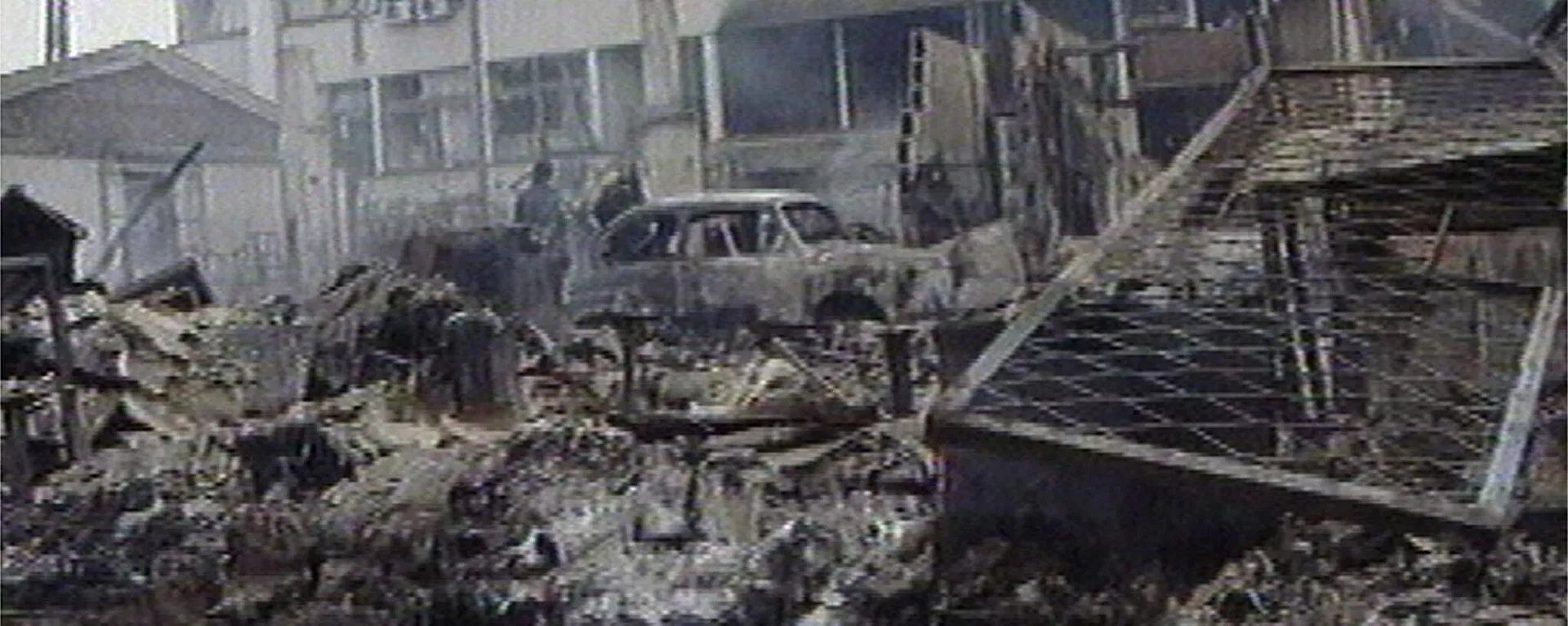 Cancer Incidence, Mortality After NATO Bombing of Yugoslavia Still on Rise - Serbian Health Minister. The March 27, 1999 incident over Buđanovci “debunked” the myth of invincible stealth technology sold to the US government by Lockheed, and forced the US and other major air powers to continue to refine the tech, while ramping up operational security in the US Air Force, Kwiatkowski said. “The US military downplayed the negative publicity, and the contractors had fresh cause to request more funding for years to come. I don’t have the impression that the overall US military leadership gained any respect for the ‘enemy’ and their Soviet-era air defense, but I do think F-117 pilots did,” Kwiatkowski emphasized. Otherwise, unfortunately, the decades since the incident have “changed little in the US approach to using its military establishment around the world, beyond millions of dead people in other countries,” the observer summed up. 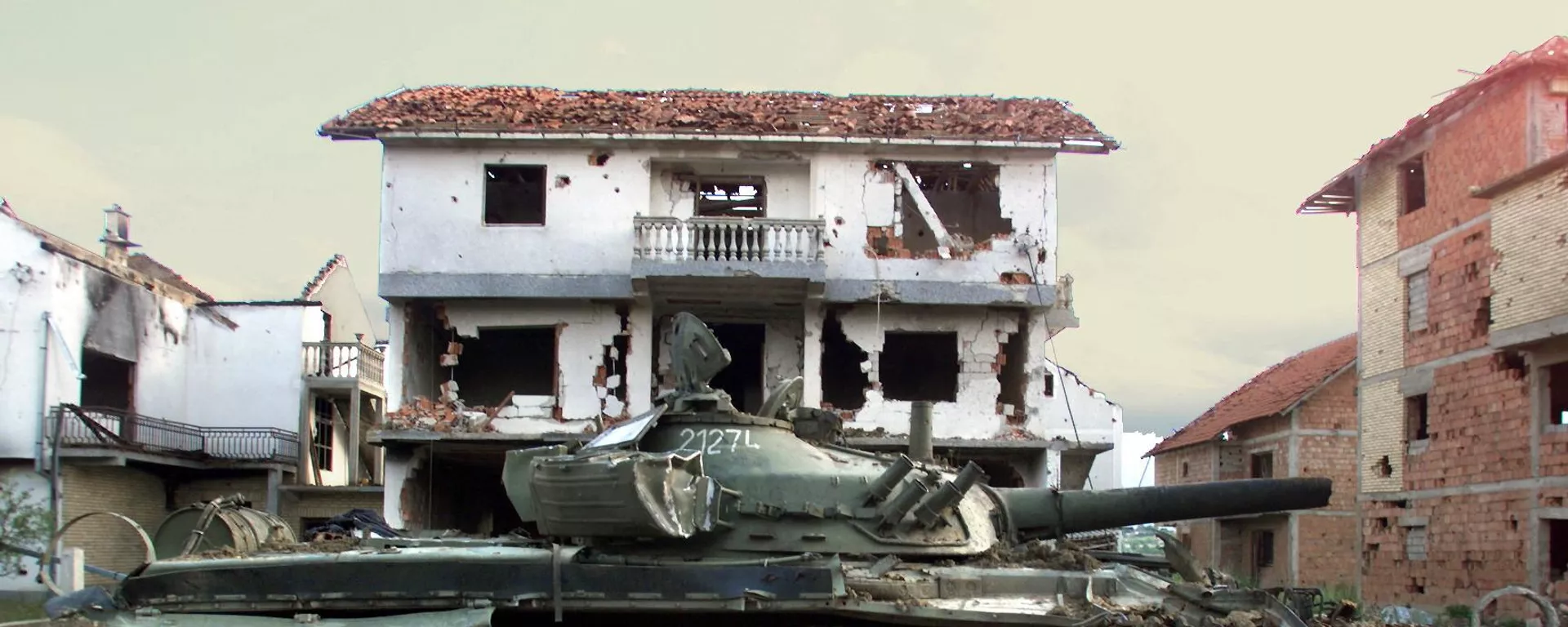 NATO’s Bombing of Yugoslavia: ‘Culmination of Negligence of International Law’ rense.com: How Yugoslavia Shot US F-117 Stealth Bomber Program Down Into Early Retirement 28 III 2024. |
|
|
#2 |
|
Senior Member
Join Date: Nov 2014
Location: UK
Posts: 1,403
|
Colonel Zoltan Dani the Baker.
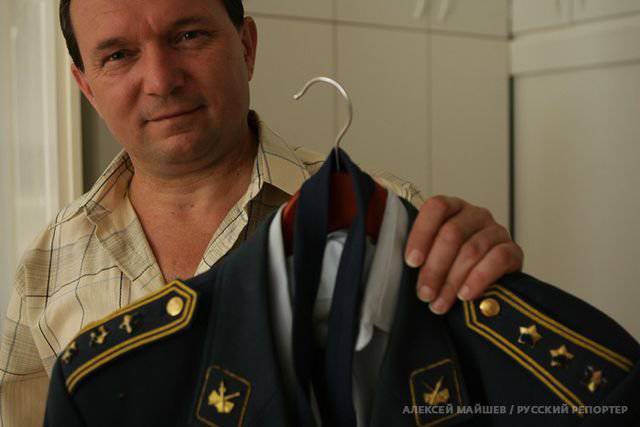 It is also worth noting that for all the time of the bombing of Yugoslavia in the unit commanded by Colonel Zolton Dani, there were no casualties, and only about 200 people were under his command. To ensure security, Serb anti-aircraft gunners often changed their starting positions. A part of Zoltan’s people were constantly busy searching for new places where military equipment could be transported, as well as preparing for its redeployment. In just the 78 bombing days, the battery traveled several thousand kilometers. Also being aware of the fact that at the existing level of NATO electronic intelligence, radio communications can unmask him before enemy radars notice him, the colonel organized cable communication systems. Often orders had to be transmitted even through messengers. But such methods worked, since NATO could not detect the battery. Anyway, the 27 March case of 1999 of the year clearly demonstrated how in a modern war a competent commander can organize successful resistance to an enemy even with the help of outdated weapons. Zolton Dani deserved his victory, and no one can take it from him. Currently, Colonel Zoltan Dani has resigned from military service and is engaged in quite peaceful things, he holds a bakery in the Serbian village of Skorenovovac. Every year on March 27 he celebrates the events of the year 1999. On this day, he bakes a cake in the form of a downed F-117A stealth aircraft, which becomes the main treat for a festive evening. 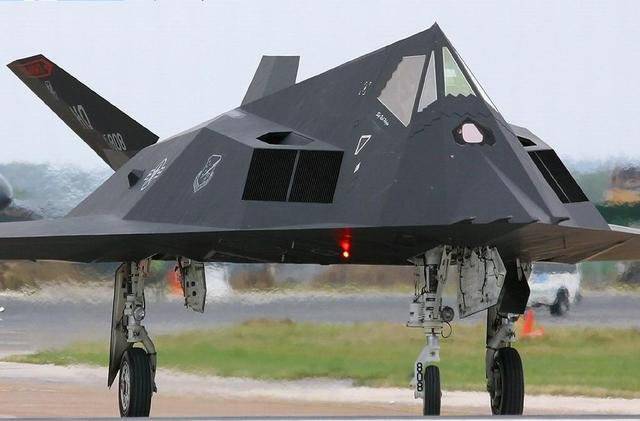 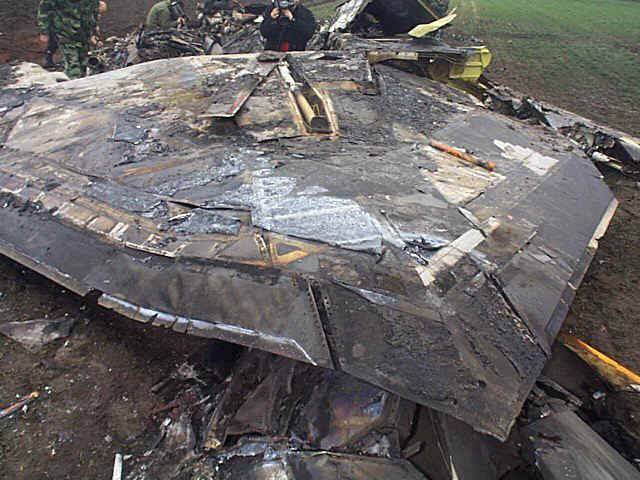 en.topwar.ru Zoltan Dani - the winner of the stealth aircraft 29 III 2024. While Russia was weak and more or less leaderless Milošević was the excuse for the Conquest of Yugoslavia. The World remained silent allowing the propaganda version dominance. The War of Conquest of Serbia continues. |
|
|
#3 |
|
Senior Member
Join Date: Nov 2014
Location: UK
Posts: 1,403
|
Serbian President Says Putin Would Have Stopped 1990s NATO Attacks.
 Maybe Russia should send troops to Serbia now? As a deterrent for the Albanians and their American backers? RT: Serbia’s President Aleksandar Vucic has said that he stands by his earlier claim that Vladimir Putin would not have allowed NATO to bomb Yugoslavia in 1999 if he had been in power in Moscow at that time. During talks with his Russian counterpart in Sochi in 2019, Vucic said “we in Serbia value Putin more than other leaders [of Russia]… If Putin was making decisions in Russia in 1999, nobody would’ve bombed us.” In his interview for the documentary ‘Belgrade,’ which was dedicated to the 25th anniversary of the start of the NATO airstrikes and aired on the television channel Russia 1 on Sunday, the Serbian leader was asked to comment on that claim. “I said what I think. Every person in this country [Serbia] thinks the same,” Vucic replied. “Some former leaders of Russia used to impose sanctions against us three days after the Americans did,” he said, referring to Boris Yeltsin, who was president between 1991 and 1999. As Putin said during the Tucker interview, Yeltsin did try to speak out against the Serbia situation. But Yeltsin was no Putin. Serbian President Says Putin Would Have Stopped 1990s NATO Attacks. 02 IV 2024. Hard to know which was worse: tea stain Gorbachoff who gave the country to mostly jewish oligarchs or drunken bum Yeltsin. |
 |
| Share |
«
Previous Thread
|
Next Thread
»
| Thread | |
| Display Modes | |
|
|
All times are GMT -5. The time now is 05:34 PM.
Page generated in 0.13063 seconds.



 Linear Mode
Linear Mode
